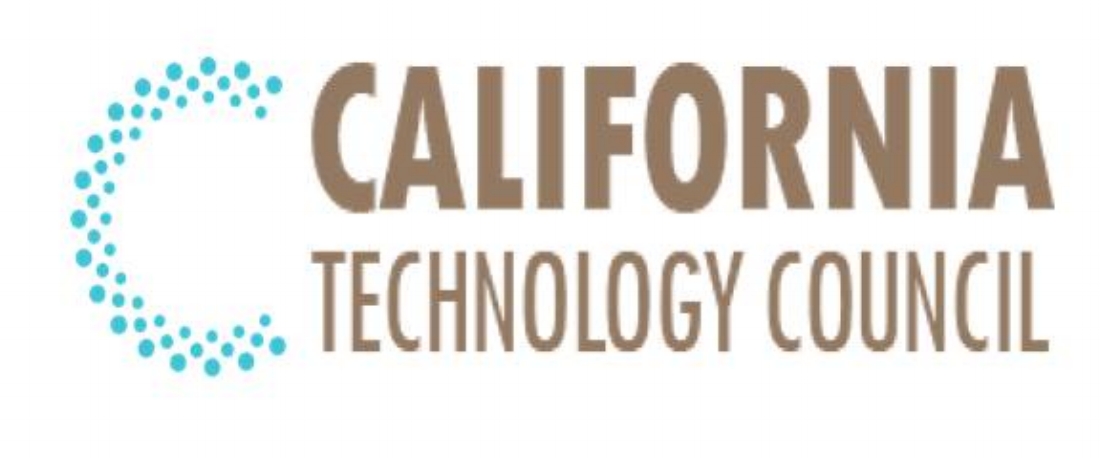by Matt Gardner, CEO, California Technology Council
California’s landmark consumer privacy law goes into effect January 1, 2020, and for a number of reasons, many in industry are not happy.
The California Technology Council submitted comments to the Attorney General in accordance with their request for comments on the implementation.
In our view, the California Consumer Privacy Act (CCPA) defines “consumers” in an overly broad fashion, essentially making an infinite number of relationships between businesses (B2B) subject to the same regulations intended for consumers.
While that was the primary point of our comments to the AG, we took the opportunity to highlight a major issue identified recently in the media: state agencies selling data of citizens who have no ability to opt out.
In a November 25th piece on Motherboard, the Vice technology newsletter, California’s DMV was singled out for generating $50 million per year in annual revenue selling the private information of California consumers - information collected by DMV in official state transactions in which citizens are obligated to participate.
This practice must end immediately.
Consumers submit information to the DMV because they must. The state requires information in order to be granted driver’s licenses, vehicle registrations, identification, and other forms. Consumers do not have a choice, and no opt out is available to DMV data collection.
Here is an excerpt from our submission to the Attorney General:
Meanwhile, it is worth noting that state agencies such as the Department of Motor Vehicles have been exempted from these requirements to protect consumer information and end certain practices of selling consumer data. The on-going efforts of the California DMV to monetize the information of California consumers - information collected using the full force of state requirement and gathered on forms with which citizens must comply - has generated tens of millions in revenue to DMV through sale to private businesses.
This sales routine is especially hypocritical simply because state actors have so proudly led efforts across the US to craft cutting edge privacy rules. It should inform Californians that the state’s government agencies have been so busy monetizing citizens’ private information while telling the private sector to cease.

